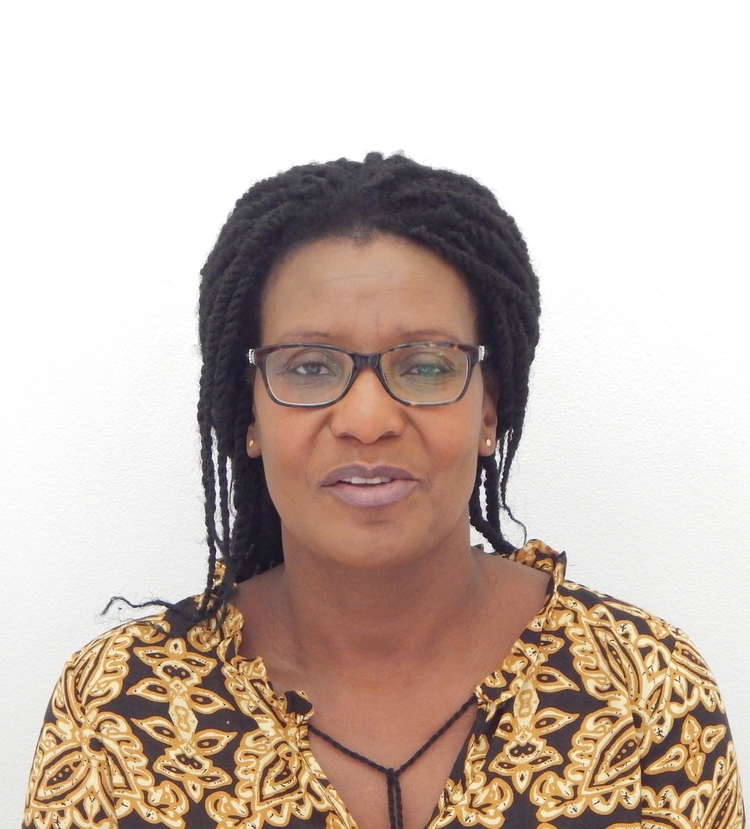
The Sunday Mail

Disability Issues
Dr Christine Peta
IN recognition of the International Day of Innocent Children Victims of Aggression, June 4, this article will focus on children with disabilities as victims of aggression.
Research undertaken in Zimbabwe indicates that some children with disabilities experience unspeakable horrors, in scenarios where some of them may not be safe, even in the homes they live.
The general understanding of disability, which regards children with disabilities as asexual beings, results in some of them being forced to sleep in the same rooms with persons of the opposite sex, thus increasing their vulnerability to sexual abuse.
Nothando, who is blind, said: “Because I am blind, they think I am not like other girls, so when male relatives visit, they make me sleep in the same room with men and boys. My parents think it does not matter because I am disabled; they think I am not like other girls.
“So, the other day, I was made to sleep in the same room with my uncle who had visited and he raped me. I told my parents in the morning and they did not believe me. They just ignored me. It is very painful.”
Vulnerability of children with disabilities to abuse also increases due to the fact that raising them is generally regarded as a burden.
“My parents think that when relatives take me to their homes for holiday, they are doing a favour for them, relieving them from the burden of living with a disabled child. What happens is every school holiday, I go to the homes of either my mother’s or my father’s relatives, while my brothers and sisters who are not disabled stay at home with my parents all the time.
“I miss out on the chance to spend holiday time with my brothers and sisters because I am disabled. The worst thing is that when I go to other people’s homes, they do whatever they want with me.
‘‘At my aunt’s house, I am made to wake up at 5am to do domestic chores that include sweeping the floors, fetching water from the well, washing clothes and working in the garden, while her own children are sleeping,” Sarah, who is deaf, said.
Tino, who is also deaf, added: “My stepfather does not allow me to sit on the sofa and watch television. He thinks that because I am deaf, I am the one who should do all the work at the house all the time. I only sit on the sofa when he is not there. At times, he beats me up and shouts at me for sitting on the sofa . . .”
Disaster situations such as cyclones also increase the vulnerability of children with disabilities to abuse.
In March 2019, a humanitarian officer who was part of the team that responded to Cyclone Idai said: “The situation of children with disabilities in disaster situations is precarious. Some children with disabilities lose both parents and/or guardians during disasters such as cyclones. Some parents go missing and others die, leaving behind children with disabilities.
“People do not usually want to ‘adopt’ children with disabilities. In instances where they are taken in by relatives, the children become more vulnerable to aggression. Children who acquire disabilities during disasters also experience similar problems.”
The traditional understanding of disability in Zimbabwe — which associates disability with witchcraft, evil spirits and traditional taboos — makes life difficult for children with disabilities to be adopted when they lose their parents.
Children with disabilities, therefore, become vulnerable to both physical and emotional abuse.
Nyasha, who got disabled as a result of polio, has had a fair share of abuse by her mother’s younger sister.
Some people just hate children with disabilities, and in some instances, caregivers can easily become stressed with the demands of parenting a child with disabilities.
Perpetrators of sexual abuse may take advantage of children who are unable to speak, hear or see.
We all need to be realistic about what children with disabilities can or cannot do. In instances where we get frustrated, we need to give ourselves time-out to calm down and refocus, as well as ask people we trust to help us.
Let us all focus on the positive elements of our children with disabilities, whilst, at the same time, making time for ourselves. It is also important to talk to a health care professional like a doctor or therapist, if you are confused about how to handle the behaviour of children with disabilities.
Dr Christine Peta is a disability, policy, international development and research expert. She is the national director of Disability Affairs in Zimbabwe. She can be contacted on: [email protected]



